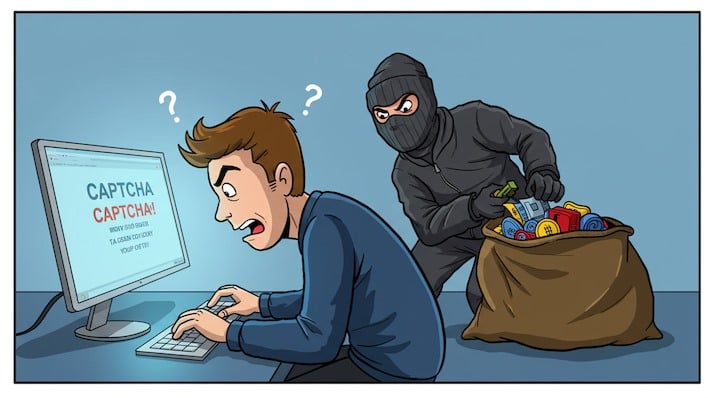
HP Says Hackers Are Exploiting CAPTCHA To Spread Malware
- 20.03.2025 15:30
- hothardware.com
- Keywords: HP, Lumma Stealer
Hackers exploit fake CAPTCHA challenges to trick users into downloading malware, allowing them to steal personal information. HP Wolf Security reports that cybercriminals use these traps to execute malicious scripts, with attacks rising in frequency. The report emphasizes the need for caution and highlights how threat actors manipulate popular security tools like CAPTCHA for their schemes.